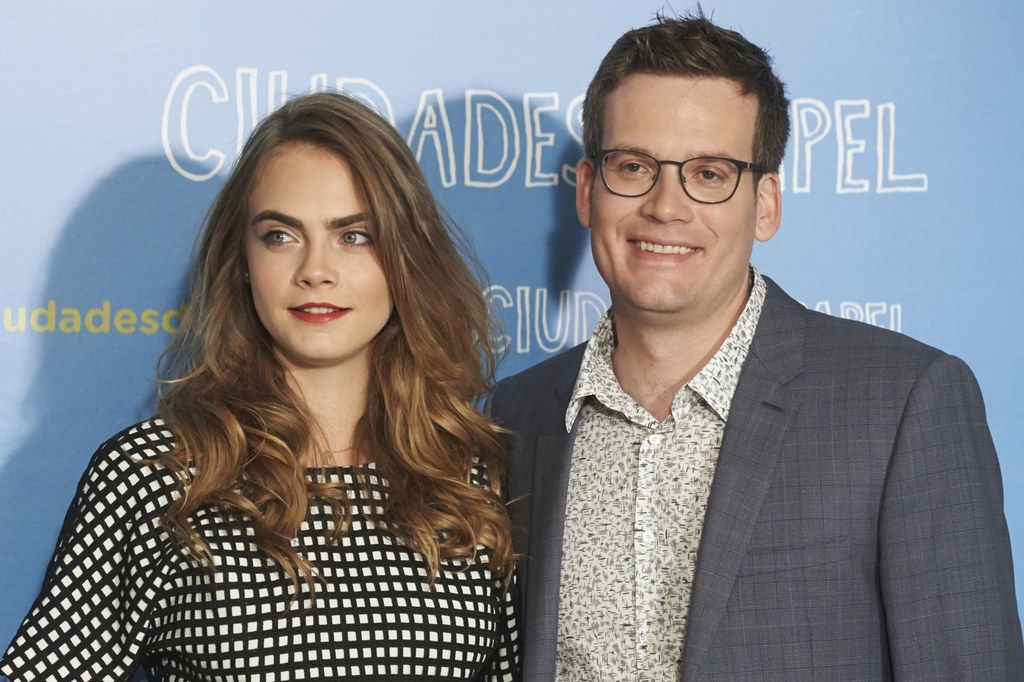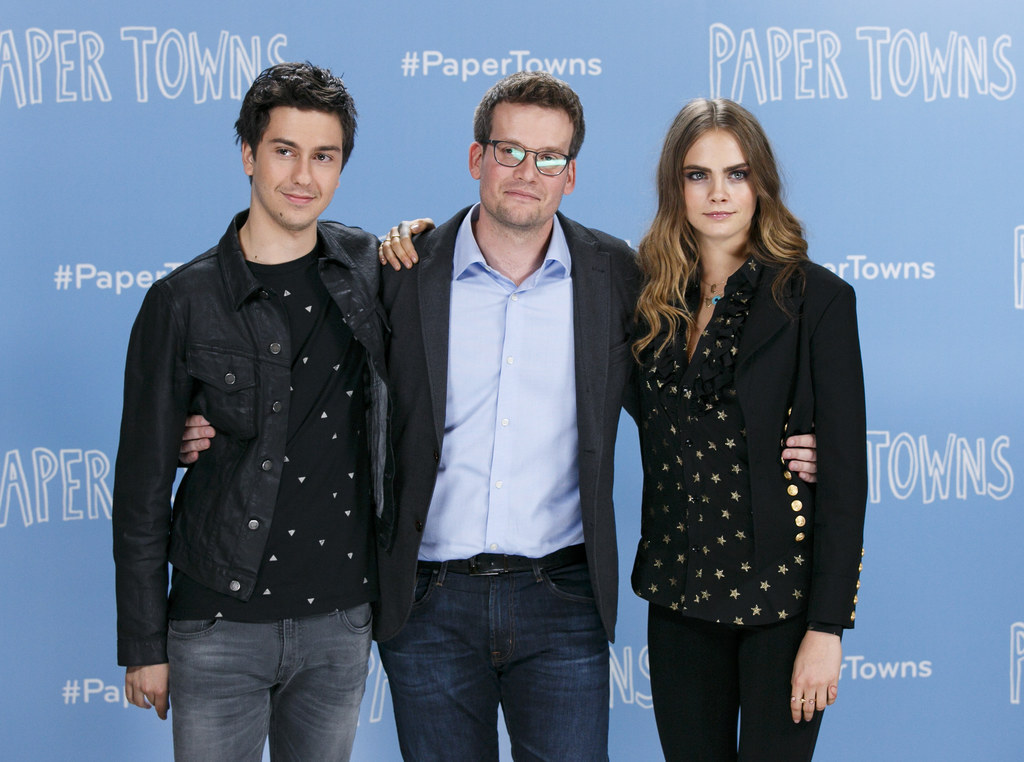Earlier this week, Cara Delevingne was the subject of an intensely awkward interview during the promotional trail for her new movie, Paper Towns.

She hit back at questions and comments branding her "irritable" and was less than impressed with the suggestion that maybe she "needed a nap".

However, she was especially irked when asked whether she had read the John Green book on which the film is based. She responded sarcastically, saying she hadn't even read the script and "just winged it".
But now the author of the book John Green has written a blog post, defending Delevingne and calling out the sexist questions he's witnessed her being asked.

Green specifically referenced the question of whether Cara had read the book, explaining that her male co-stars were never asked "if" they'd read it, but "when".
He wrote:
I am friends with Cara [...] I spent more than a month with her on tour in Europe and the US and I watched as again and again, she was asked this question. Cara has read the book (multiple times) but the question is annoying – not least because her male costar, Nat Wolf, was almost always asked when he'd read the book, while Cara was almost always asked if she'd read it.
He went on to explain how frustrating Cara’s male co-star Nat Wolf finds reductive questions asking him whether his female leads are good kissers.

Green said:
I was lucky to share most of my interviews with Nat, one of my closest and most trusted friends, and to learn from him how to deal with uncomfortable questions. (For instance, when asked is X a good kisser, or is X a better kisser than Y, Nat gently explains that he doesn't answer questions about kissing, because the women he works with should be talked about for their performance in the film, not for their kissing.)
Green continued to say that many questions posed to him about the book have been “limiting and destructive” to women.
He wrote:
There's a line in the beginning of the novel: "Everyone gets a miracle." The male narrator of the story believes his miracle is Margo Roth Spiegelman, the character Cara plays in the movie. Later in the book, the boy realizes that Margo is not a miracle, that she is just a person, and that his imagining her as a miracle has been terribly hurtful to them both. But still, I was asked over a hundred times, "Who's your miracle?" At first, I tried to fight it, tried to argue that we must see people as people, that we must learn to imagine them complexly instead of idealizing them, that the romantic male gaze is limiting and destructive to women. That's the whole point of the story to me.
He concluded by saying that Cara "doesn't exist to feed your narrative," and for this she should be applauded, not criticised.
He wrote:
Cara, however, refuses to stick to the script. She refuses to indulge lazy questions and refuses to turn herself into an automaton to get through long days of junketry. I don't find that behavior entitled or haughty. I find it admirable. Cara Delevingne doesn't exist to feed your narrative or your news feed — and that's precisely why she's so fucking interesting.
